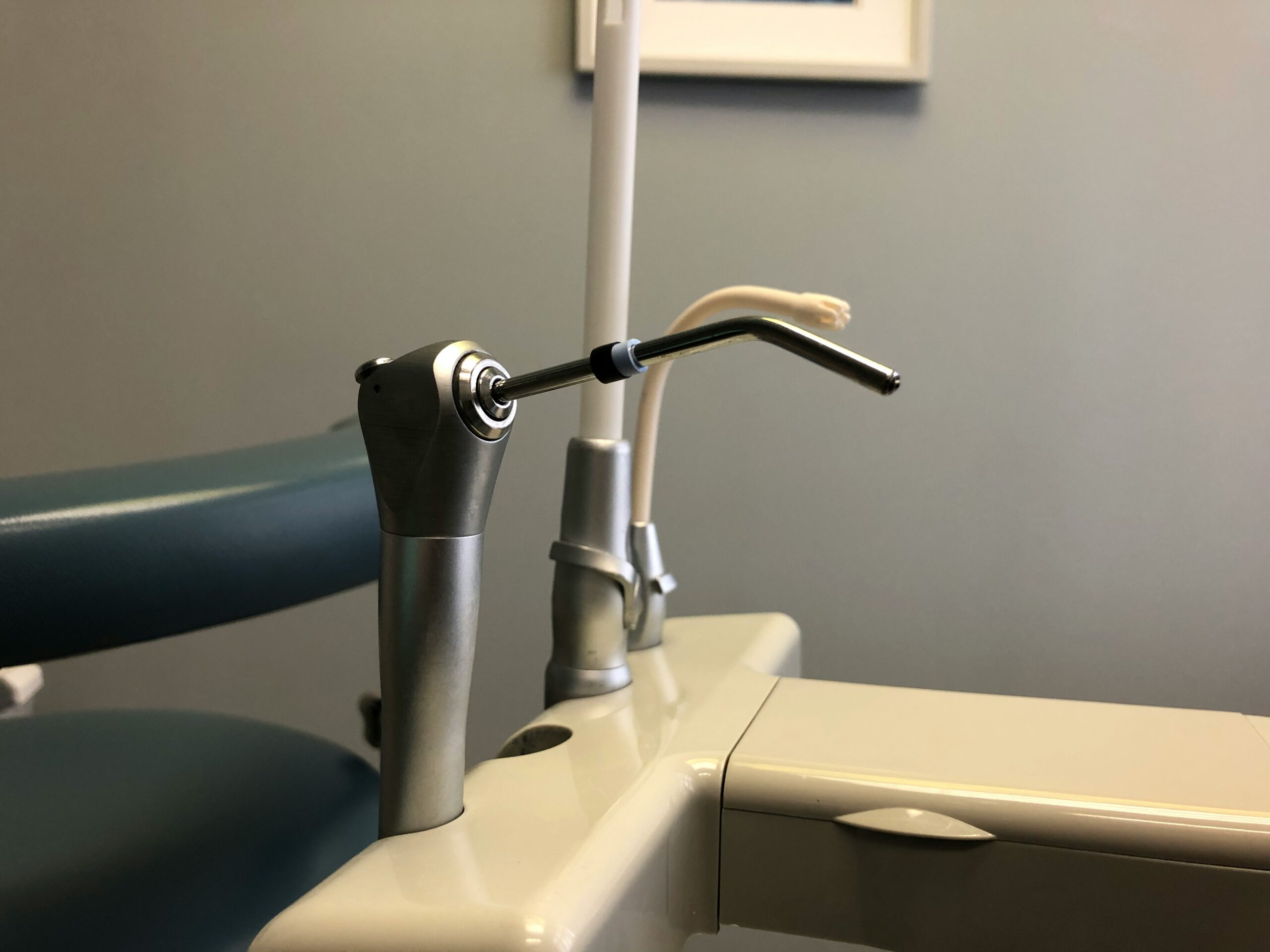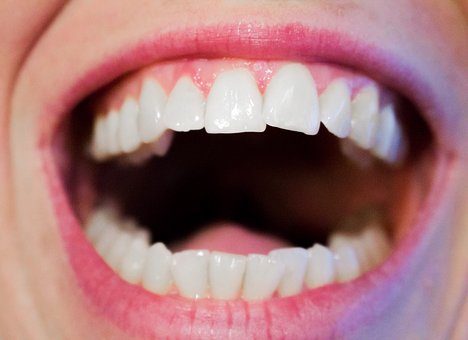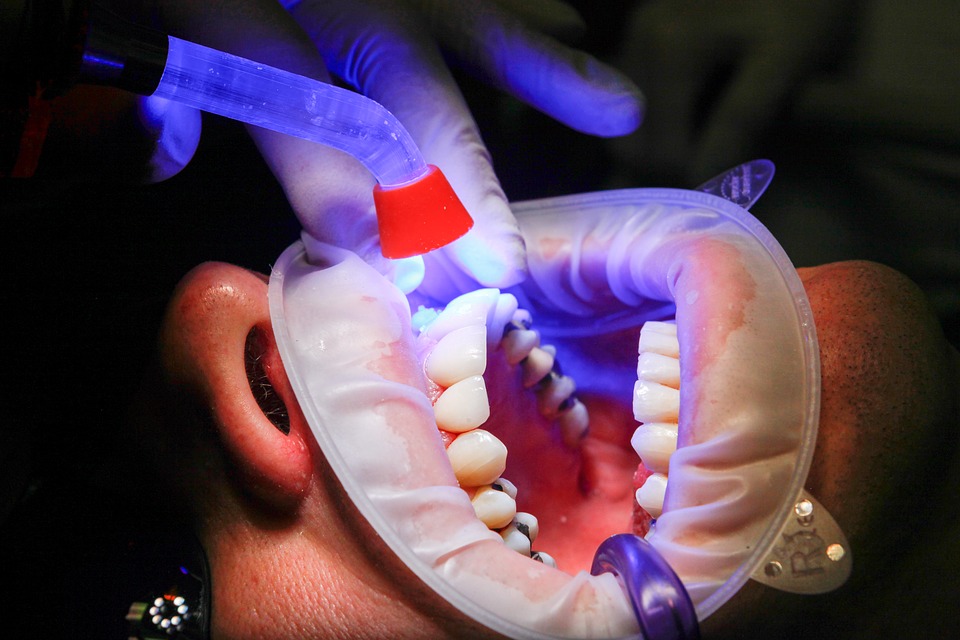Gum disease, also known as periodontal disease, is a common yet often underestimated condition that affects the health of your gums and the bones supporting your teeth. While it is primarily associated with oral health, research has shown that gum disease can have far-reaching effects on your overall health. Periodontal disease is linked to several serious health conditions, including heart disease, diabetes, and respiratory issues. This article will explore the systemic risks of gum disease and why maintaining good oral hygiene is crucial not just for your teeth, but for your whole body.
Understanding Gum Disease
Before diving into the systemic risks, it’s important to understand what gum disease is. Periodontal disease starts as gingivitis, the mildest form of gum disease, characterized by red, swollen gums that may bleed when brushing or flossing. Gingivitis is reversible with good oral care. However, if left untreated, it can advance to periodontitis, a more severe form of gum disease that affects the supporting structures of the teeth, including the bone.
As periodontitis progresses, the tissues and bone surrounding the teeth break down, leading to tooth mobility and, if untreated, tooth loss. Along with the damage to oral health, this condition can trigger a series of systemic health problems.
The Link Between Gum Disease and Heart Disease
One of the most concerning connections between gum disease and overall health is the increased risk of heart disease. Studies have found a significant association between periodontal disease and conditions like heart disease, stroke, and high blood pressure. The exact mechanism is still under investigation, but there are several theories.
The inflammation caused by gum disease may contribute to the formation of plaque in the arteries, a condition known as atherosclerosis. This can lead to the hardening of the arteries and increase the risk of heart attacks and strokes. Additionally, the bacteria that cause gum disease can enter the bloodstream through inflamed gum tissues. Once in the bloodstream, these bacteria may promote the formation of blood clots or cause inflammation in the arteries, further increasing the risk of cardiovascular events.
Gum Disease and Diabetes: A Two-Way Street
Diabetes and gum disease have a bidirectional relationship, meaning that each condition can worsen the other. People with diabetes, especially those with poorly controlled blood sugar levels, are more susceptible to developing gum disease. High blood sugar levels can reduce the body’s ability to fight off infections, including those affecting the gums. As a result, gum disease may progress more rapidly in individuals with diabetes.
Conversely, periodontal disease can make it harder to control blood sugar levels in people with diabetes. The chronic inflammation caused by gum disease can increase insulin resistance, making it more difficult for the body to regulate blood sugar. Managing periodontal disease can, therefore, help improve blood sugar control in diabetic patients, making regular dental visits essential for those with the condition.
Respiratory Issues: The Link to Lung Health
Oral health has also been linked to respiratory conditions, including pneumonia, chronic obstructive pulmonary disease (COPD), and even asthma. The bacteria from infected gums can be aspirated into the lungs, where they can cause infections, particularly in people with weakened immune systems or pre-existing lung conditions.
In patients with COPD, the chronic inflammation caused by gum disease can exacerbate respiratory symptoms and make managing the condition more difficult. Additionally, research suggests that people with periodontal disease may be more likely to develop pneumonia, as the bacteria from their gums are inhaled into the lungs.
Pregnancy Complications: The Risks for Expecting Mothers
Pregnant women with periodontal disease are at a higher risk for complications, including preterm birth, low birth weight, and preeclampsia. The inflammation and infection caused by gum disease can trigger the release of chemicals called prostaglandins, which are believed to play a role in the onset of labor. As a result, untreated periodontal disease during pregnancy may increase the risk of early labor.
Maintaining good oral hygiene during pregnancy and seeking treatment for gum disease can help reduce these risks. Pregnant women are encouraged to visit their dentist regularly and discuss any oral health concerns with their healthcare provider.
The Connection Between Gum Disease and Dementia
Recent studies have suggested a possible link between gum disease and cognitive decline. Research has found that individuals with periodontal disease may be at a higher risk of developing Alzheimer’s disease and other forms of dementia. One theory is that the bacteria from gum infections can travel to the brain via the bloodstream and trigger inflammation that contributes to neurodegenerative diseases.
While more research is needed to fully understand this connection, it is clear that oral health plays a critical role in maintaining overall cognitive function, especially as we age.
Other Health Risks of Gum Disease
In addition to the major systemic risks mentioned above, gum disease has been linked to other conditions, including:
- Rheumatoid Arthritis: Chronic inflammation in the body, such as that caused by gum disease, can trigger the onset of rheumatoid arthritis or worsen symptoms in those already affected.
- Cancer: Some studies suggest a potential link between periodontal disease and certain types of cancer, particularly pancreatic cancer.
- Kidney Disease: Research indicates that periodontal disease may be associated with kidney problems, particularly in individuals with diabetes.
Preventing Gum Disease: A Holistic Approach to Health
Given the wide-ranging effects of gum disease on overall health, prevention is essential. Maintaining good oral hygiene is the first line of defense against gum disease. This includes brushing your teeth at least twice a day with fluoride toothpaste, flossing daily, and using an antimicrobial mouthwash to reduce plaque buildup.
Regular dental check-ups are crucial for detecting and treating gum disease early. Dentists can identify the early signs of gingivitis and offer professional cleanings to remove plaque and tartar buildup, which can help prevent the progression of periodontitis.
In addition to oral hygiene, adopting a healthy lifestyle can help reduce the risk of gum disease and its systemic effects. Eating a balanced diet rich in vitamins and minerals, not smoking, managing stress, and staying physically active can all contribute to better gum health and overall well-being.
Conclusion
Gum disease is much more than just an oral health issue—it is a serious condition that can impact your overall health in numerous ways. From increasing the risk of heart disease and diabetes to affecting respiratory health and even cognitive function, the systemic effects of gum disease underscore the importance of maintaining healthy gums. By prioritizing oral hygiene and seeking regular dental care, you can protect both your smile and your overall health. If you’re experiencing signs of gum disease, such as bleeding gums or persistent bad breath, don’t wait to seek treatment. Early intervention is key to preventing more serious health complications.




